#book scanning
Explore tagged Tumblr posts
Text
Penguin Random House, AI, and writers’ rights
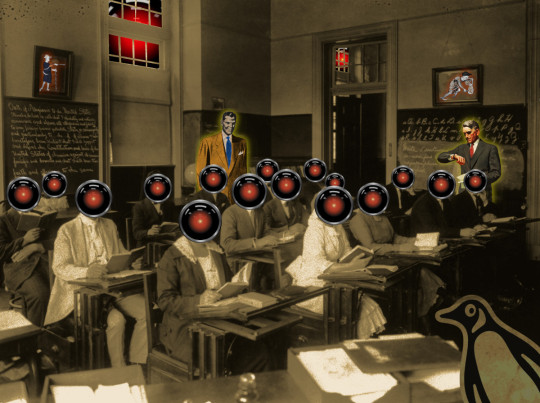
NEXT WEDNESDAY (October 23) at 7PM, I'll be in DECATUR, GEORGIA, presenting my novel THE BEZZLE at EAGLE EYE BOOKS.

My friend Teresa Nielsen Hayden is a wellspring of wise sayings, like "you're not responsible for what you do in other people's dreams," and my all time favorite, from the Napster era: "Just because you're on their side, it doesn't mean they're on your side."
The record labels hated Napster, and so did many musicians, and when those musicians sided with their labels in the legal and public relations campaigns against file-sharing, they lent both legal and public legitimacy to the labels' cause, which ultimately prevailed.
But the labels weren't on musicians' side. The demise of Napster and with it, the idea of a blanket-license system for internet music distribution (similar to the systems for radio, live performance, and canned music at venues and shops) firmly established that new services must obtain permission from the labels in order to operate.
That era is very good for the labels. The three-label cartel – Universal, Warner and Sony – was in a position to dictate terms like Spotify, who handed over billions of dollars worth of stock, and let the Big Three co-design the royalty scheme that Spotify would operate under.
If you know anything about Spotify payments, it's probably this: they are extremely unfavorable to artists. This is true – but that doesn't mean it's unfavorable to the Big Three labels. The Big Three get guaranteed monthly payments (much of which is booked as "unattributable royalties" that the labels can disperse or keep as they see fit), along with free inclusion on key playlists and other valuable services. What's more, the ultra-low payouts to artists increase the value of the labels' stock in Spotify, since the less Spotify has to pay for music, the better it looks to investors.
The Big Three – who own 70% of all music ever recorded, thanks to an orgy of mergers – make up the shortfall from these low per-stream rates with guaranteed payments and promo.
But the indy labels and musicians that account for the remaining 30% are out in the cold. They are locked into the same fractional-penny-per-stream royalty scheme as the Big Three, but they don't get gigantic monthly cash guarantees, and they have to pay the playlist placement the Big Three get for free.
Just because you're on their side, it doesn't mean they're on your side:
https://pluralistic.net/2022/09/12/streaming-doesnt-pay/#stunt-publishing
In a very important, material sense, creative workers – writers, filmmakers, photographers, illustrators, painters and musicians – are not on the same side as the labels, agencies, studios and publishers that bring our work to market. Those companies are not charities; they are driven to maximize profits and an important way to do that is to reduce costs, including and especially the cost of paying us for our work.
It's easy to miss this fact because the workers at these giant entertainment companies are our class allies. The same impulse to constrain payments to writers is in play when entertainment companies think about how much they pay editors, assistants, publicists, and the mail-room staff. These are the people that creative workers deal with on a day to day basis, and they are on our side, by and large, and it's easy to conflate these people with their employers.
This class war need not be the central fact of creative workers' relationship with our publishers, labels, studios, etc. When there are lots of these entertainment companies, they compete with one another for our work (and for the labor of the workers who bring that work to market), which increases our share of the profit our work produces.
But we live in an era of extreme market concentration in every sector, including entertainment, where we deal with five publishers, four studios, three labels, two ad-tech companies and a single company that controls all the ebooks and audiobooks. That concentration makes it much harder for artists to bargain effectively with entertainments companies, and that means that it's possible -likely, even – for entertainment companies to gain market advantages that aren't shared with creative workers. In other words, when your field is dominated by a cartel, you may be on on their side, but they're almost certainly not on your side.
This week, Penguin Random House, the largest publisher in the history of the human race, made headlines when it changed the copyright notice in its books to ban AI training:
https://www.thebookseller.com/news/penguin-random-house-underscores-copyright-protection-in-ai-rebuff
The copyright page now includes this phrase:
No part of this book may be used or reproduced in any manner for the purpose of training artificial intelligence technologies or systems.
Many writers are celebrating this move as a victory for creative workers' rights over AI companies, who have raised hundreds of billions of dollars in part by promising our bosses that they can fire us and replace us with algorithms.
But these writers are assuming that just because they're on Penguin Random House's side, PRH is on their side. They're assuming that if PRH fights against AI companies training bots on their work for free, that this means PRH won't allow bots to be trained on their work at all.
This is a pretty naive take. What's far more likely is that PRH will use whatever legal rights it has to insist that AI companies pay it for the right to train chatbots on the books we write. It is vanishingly unlikely that PRH will share that license money with the writers whose books are then shoveled into the bot's training-hopper. It's also extremely likely that PRH will try to use the output of chatbots to erode our wages, or fire us altogether and replace our work with AI slop.
This is speculation on my part, but it's informed speculation. Note that PRH did not announce that it would allow authors to assert the contractual right to block their work from being used to train a chatbot, or that it was offering authors a share of any training license fees, or a share of the income from anything produced by bots that are trained on our work.
Indeed, as publishing boiled itself down from the thirty-some mid-sized publishers that flourished when I was a baby writer into the Big Five that dominate the field today, their contracts have gotten notably, materially worse for writers:
https://pluralistic.net/2022/06/19/reasonable-agreement/
This is completely unsurprising. In any auction, the more serious bidders there are, the higher the final price will be. When there were thirty potential bidders for our work, we got a better deal on average than we do now, when there are at most five bidders.
Though this is self-evident, Penguin Random House insists that it's not true. Back when PRH was trying to buy Simon & Schuster (thereby reducing the Big Five publishers to the Big Four), they insisted that they would continue to bid against themselves, with editors at Simon & Schuster (a division of PRH) bidding against editors at Penguin (a division of PRH) and Random House (a division of PRH).
This is obvious nonsense, as Stephen King said when he testified against the merger (which was subsequently blocked by the court): "You might as well say you’re going to have a husband and wife bidding against each other for the same house. It would be sort of very gentlemanly and sort of, 'After you' and 'After you'":
https://apnews.com/article/stephen-king-government-and-politics-b3ab31d8d8369e7feed7ce454153a03c
Penguin Random House didn't become the largest publisher in history by publishing better books or doing better marketing. They attained their scale by buying out their rivals. The company is actually a kind of colony organism made up of dozens of once-independent publishers. Every one of those acquisitions reduced the bargaining power of writers, even writers who don't write for PRH, because the disappearance of a credible bidder for our work into the PRH corporate portfolio reduces the potential bidders for our work no matter who we're selling it to.
I predict that PRH will not allow its writers to add a clause to their contracts forbidding PRH from using their work to train an AI. That prediction is based on my direct experience with two of the other Big Five publishers, where I know for a fact that they point-blank refused to do this, and told the writer that any insistence on including this contract would lead to the offer being rescinded.
The Big Five have remarkably similar contracting terms. Or rather, unremarkably similar contracts, since concentrated industries tend to converge in their operational behavior. The Big Five are similar enough that it's generally understood that a writer who sues one of the Big Five publishers will likely find themselves blackballed at the rest.
My own agent gave me this advice when one of the Big Five stole more than $10,000 from me – canceled a project that I was part of because another person involved with it pulled out, and then took five figures out of the killfee specified in my contract, just because they could. My agent told me that even though I would certainly win that lawsuit, it would come at the cost of my career, since it would put me in bad odor with all of the Big Five.
The writers who are cheering on Penguin Random House's new copyright notice are operating under the mistaken belief that this will make it less likely that our bosses will buy an AI in hopes of replacing us with it:
https://pluralistic.net/2023/02/09/ai-monkeys-paw/#bullied-schoolkids
That's not true. Giving Penguin Random House the right to demand license fees for AI training will do nothing to reduce the likelihood that Penguin Random House will choose to buy an AI in hopes of eroding our wages or firing us.
But something else will! The US Copyright Office has issued a series of rulings, upheld by the courts, asserting that nothing made by an AI can be copyrighted. By statute and international treaty, copyright is a right reserved for works of human creativity (that's why the "monkey selfie" can't be copyrighted):
https://pluralistic.net/2023/08/20/everything-made-by-an-ai-is-in-the-public-domain/
All other things being equal, entertainment companies would prefer to pay creative workers as little as possible (or nothing at all) for our work. But as strong as their preference for reducing payments to artists is, they are far more committed to being able to control who can copy, sell and distribute the works they release.
In other words, when confronted with a choice of "We don't have to pay artists anymore" and "Anyone can sell or give away our products and we won't get a dime from it," entertainment companies will pay artists all day long.
Remember that dope everyone laughed at because he scammed his way into winning an art contest with some AI slop then got angry because people were copying "his" picture? That guy's insistence that his slop should be entitled to copyright is far more dangerous than the original scam of pretending that he painted the slop in the first place:
https://arstechnica.com/tech-policy/2024/10/artist-appeals-copyright-denial-for-prize-winning-ai-generated-work/
If PRH was intervening in these Copyright Office AI copyrightability cases to say AI works can't be copyrighted, that would be an instance where we were on their side and they were on our side. The day they submit an amicus brief or rulemaking comment supporting no-copyright-for-AI, I'll sing their praises to the heavens.
But this change to PRH's copyright notice won't improve writers' bank-balances. Giving writers the ability to control AI training isn't going to stop PRH and other giant entertainment companies from training AIs with our work. They'll just say, "If you don't sign away the right to train an AI with your work, we won't publish you."
The biggest predictor of how much money an artist sees from the exploitation of their work isn't how many exclusive rights we have, it's how much bargaining power we have. When you bargain against five publishers, four studios or three labels, any new rights you get from Congress or the courts is simply transferred to them the next time you negotiate a contract.
As Rebecca Giblin and I write in our 2022 book Chokepoint Capitalism:
Giving a creative worker more copyright is like giving your bullied schoolkid more lunch money. No matter how much you give them, the bullies will take it all. Give your kid enough lunch money and the bullies will be able to bribe the principle to look the other way. Keep giving that kid lunch money and the bullies will be able to launch a global appeal demanding more lunch money for hungry kids!
https://chokepointcapitalism.com/
As creative workers' fortunes have declined through the neoliberal era of mergers and consolidation, we've allowed ourselves to be distracted with campaigns to get us more copyright, rather than more bargaining power.
There are copyright policies that get us more bargaining power. Banning AI works from getting copyright gives us more bargaining power. After all, just because AI can't do our job, it doesn't follow that AI salesmen can't convince our bosses to fire us and replace us with incompetent AI:
https://pluralistic.net/2024/01/11/robots-stole-my-jerb/#computer-says-no
Then there's "copyright termination." Under the 1976 Copyright Act, creative workers can take back the copyright to their works after 35 years, even if they sign a contract giving up the copyright for its full term:
https://pluralistic.net/2021/09/26/take-it-back/
Creative workers from George Clinton to Stephen King to Stan Lee have converted this right to money – unlike, say, longer terms of copyright, which are simply transferred to entertainment companies through non-negotiable contractual clauses. Rather than joining our publishers in fighting for longer terms of copyright, we could be demanding shorter terms for copyright termination, say, the right to take back a popular book or song or movie or illustration after 14 years (as was the case in the original US copyright system), and resell it for more money as a risk-free, proven success.
Until then, remember, just because you're on their side, it doesn't mean they're on your side. They don't want to prevent AI slop from reducing your wages, they just want to make sure it's their AI slop puts you on the breadline.

Tor Books as just published two new, free LITTLE BROTHER stories: VIGILANT, about creepy surveillance in distance education; and SPILL, about oil pipelines and indigenous landback.
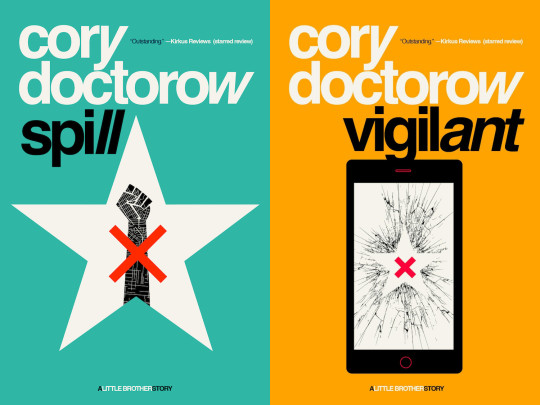

If you'd like an essay-formatted version of this post to read or share, here's a link to it on pluralistic.net, my surveillance-free, ad-free, tracker-free blog:
https://pluralistic.net/2024/10/19/gander-sauce/#just-because-youre-on-their-side-it-doesnt-mean-theyre-on-your-side

Image: Cryteria (modified) https://commons.wikimedia.org/wiki/File:HAL9000.svg
CC BY 3.0 https://creativecommons.org/licenses/by/3.0/deed.en
#pluralistic#publishing#penguin random house#prh#monopolies#chokepoint capitalism#fair use#AI#training#labor#artificial intelligence#scraping#book scanning#internet archive#reasonable agreements
709 notes
·
View notes
Text
Finally…. After hours of work…. I scanned the NSR artbook! Wahoo!!

See drive here
The setup I had to deal with… don’t expect picture-perfect scans… sorry smh

91 notes
·
View notes
Text
SOL RADGUY SCANNING GUIDE
Covers:
What you need to scan a book.
How to do it.
How to do it better.
What to do now that it's scanned.
This is a long post with images.
WHAT YOU NEED //
A scanner.
I use an Epson Perfection v39. It's old but it was affordable (~us$60 in 2016 money) and it's reliable. You need something that can scan in color, greyscale, and black & white modes at 300 DPI. DPI (Dots Per Inch) is the resolution the scanner outputs the scan in. Anything over 300 DPI for art/comic scans is a little overkill, imo. However, if you're planning on printing physical copies of your scans, consider scanning them in at 600 DPI for something around printer paper sized, or 1200 DPI for posters. These files will balloon in size considerably with the increase in DPI. It may be worth it buying an extra hard drive just for managing work in progress scan files if your computer's local hard drive is smaller than 500gb.
Black construction paper.
Construction paper that's black. Put this behind the page you're scanning and it prevents page bleed through. More on how this is used below.
Masking tape.
Not really necessary, but useful for mapping out the ideal scanning area on your scanning bed. Speeds things up.
Art/photo manipulation program.
I use Clip Studio Paint EX ver. 2.0 and Photoshop CS5. Your program should have a clone tool and basic image manipulation such as cropping and rotating. Free alternatives are GIMP and Photopea.
OPTIONAL:
White inspection gloves.
These are thin cotton gloves used to handle sensitive things such as historical photos, coins, and old books. Highly recommend investing in a cheap pack if your book has glossy pages. Don't have to worry about cleaning up greasy fingerprints in post with these on.
Bone folder.
This is a flat plastic (bone, historically) stick used to crease pages in book-making. I find having one is useful for carefully pushing pages flatter to get cleaner scans. If your book has tense binding this tool might prove useful.
Heat gun, hair dryer, or a stovetop + big skillet.
Tools for de-binding books in order of most to least useful. I use a heat gun. More on how these are used two sections down.
X-acto knife.
For skinning. It's sharp, it's a knife.
Non-abrasive document cleaning pad.
If you buy a book with glossy pages that's greasy as hell consider picking one of these up. It's a fabric pouch full of a soft powder that gently picks up and removes dirt and oils from paper. I've got one by Lineco and used it on the Dengeki PlayStation magazine scans. Some art stores will carry these but I had to buy mine online.
HOW TO DO IT //
Remove the dustjacket, obi (informational band around the book), and any other loose materials inside of the book (mark what pages those materials were found on). Clean the pages as best as you can with the doc. cleaning pad or just wiping it down gently with a dry paper towel, then get your black construction paper and stick it behind the page that's going to be scanned. If your book is really big, remove the lid on your scanner. It's only going to get in the way.
Try to put as much pressure on the spine as you safely can and hold down the parts your hand can't reach with something heavy-ish. I usually use this paint water jar. Scan in PNG or TIFF format at 300 DPI. For art books and manga use either the color or greyscale modes. Raw text (novels, etc) benefits from the black & white mode.
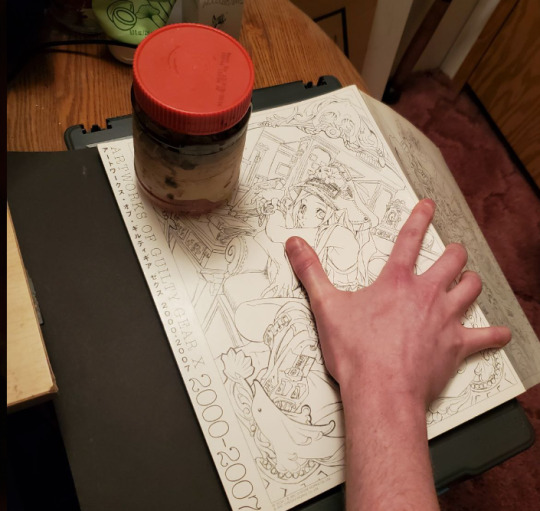
Here's the raw scan:
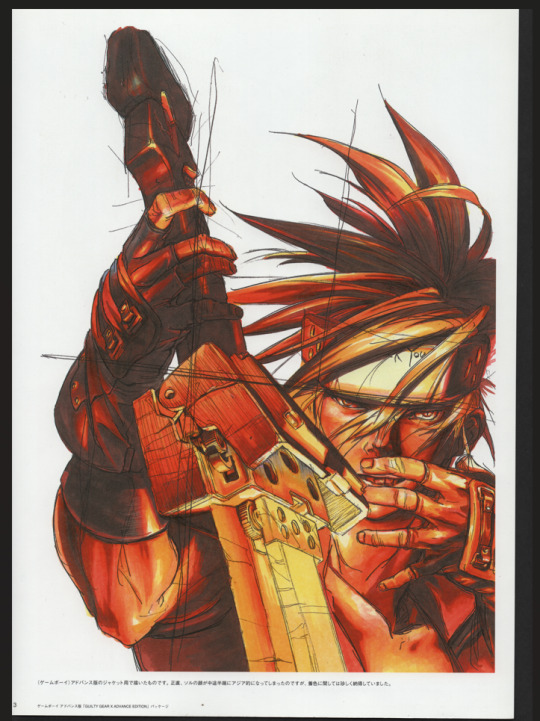
Artworks of Guilty Gear X 2000-2007 scans very nicely despite being perfect bound (bound with glue) and rather stiff, but it's still an old book and has some minor damage that will need cleaned up in post later, as well as any dust that I missed cleaning off my scanner bed beforehand. The gutter is on the left. Note the black specks of dust in the right corner and in the big white area, and how you can't see any of the image printed on the other side of this page due to the black construction paper preventing bleed through:
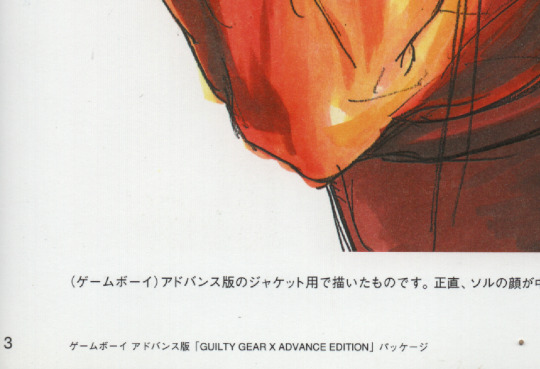
HOW TO DO IT BETTER //
SKINNING BOOKS. A scary thought... But sometimes necessary. Manga volumes have really tight binding that makes them almost impossible to get clean scans of in a traditional flat scanner bed.
You will need either a heat gun, hairdryer, or a big skillet and a stovetop for this part. I use a heat gun. Warm the spine of the book CAREFULLY over the heat gun while gently pulling back on the cover until it pops free from the glue. A hairdryer will be used the same way as a heat gun, just slower. Turn it to the hottest setting.
For the skillet method, heat it up until it's just a little too hot to touch (BE CAREFUL; don't actually touch the skillet with your bare hand). Then hold the book spine-down on the skillet and peel the cover off that way. This method can burn your book very easy because it's harder to gauge how hot the skillet is. Take your time.
Now that the cover is off, use the same method to remove the pages one by one. Make sure to keep them in the right order. Sometimes there will be a thick glob of binding glue that can be sliced off with the X-acto knife. Watch your fingers.
Scanning loose pages is mindlessly easy and there're ways to make it even more mindless. Tape black paper to the top of your scanner lid and use masking tape to mark where exactly on the bed to put the pages so you can get them all in about the same spot. Makes lining them up later in the digital cleanup stage a piece of piss. Don't be a fool and think to use regular tape or duct tape. Cleaning adhesive off glass is a nightmare.
Time to put on some Zeppelin and zone out for about an hour. Remember your page order.
My setup and the raw scan:


I number my pages how they are in the book with the cover, obi, and inside cover flaps usually being zeroes with a letter following it ("00a-dustjacket-FRONT, 00b-dustjacket-BACK, etc":

Your art program should load in the file as a layer with the file name. Load in about 10 to 20 at a time (if your computer can handle it), line them up, clean the dust, adjust colors, sharpen image, then save them in a new folder separate from the raws. Use the clone tool to clean up dust. If you sharpen the image, remember that less is more.
WHAT TO DO NOW THAT IT'S SCANNED //
Upload it. I put all my (non-doujinshi) scans on Archive.org and include a .PDF of the scanned book with smaller resized pages and a .ZIP of the full size pages as loose files. This is optional, don't feel obligated to do both because it really adds a lot of extra work saving the files in two different sizes. Having the full size files is more valuable than a compressed .PDF, though, if you're unsure about which to go with.
For smaller files (<25mb total as a .PDF or .ZIP) you could put them on Neocities too. Neocities doesn't really like the idea of people using their site as a file sharing host so while I don't really recommend using just Neocities, it's definitely something you could do if coding a website sounds fun to you. Here's the archives page on my NC site for an example of how you could code/organize your own archive, if you wanted: solradguy.neocities.org/archives
If you scan something and wanna get more eyes on it, feel free to slap my @ somewhere on the post or you can email it to me (junkyarddogmkii [at] gmail [dot] com ) and I can reblog it and share it with the lore server crew.
Here's a link to the Guilty Gear scans masterpost: https://solradguy.tumblr.com/post/701138089295364096/comprehensive-guide-to-unofficial-guilty-gear
65 notes
·
View notes
Text
one of my favorite facts about gekko hayashi (artist who drew gay erotica) is that he was straight guy who pivoted from sci-fi & monster stuff to illustrating for gay & bdsm mags at like 50 years old because he wanted to expand his artistic horizons, and compensated by lack of lived experience by setting up a phone line for gay men to call in & recount their stories so he could illustrate them...legend
24K notes
·
View notes
Text
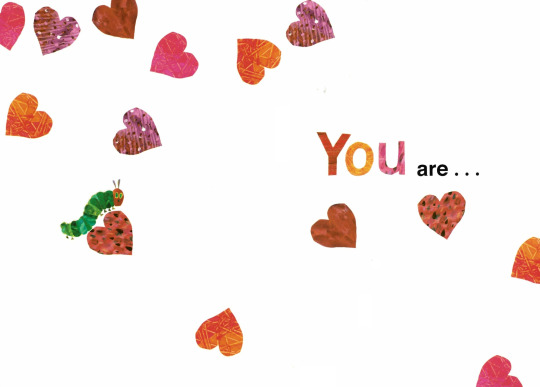
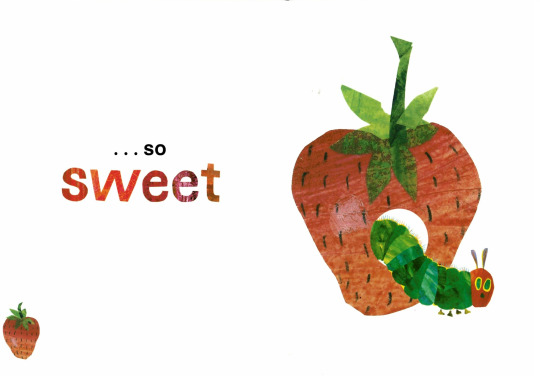
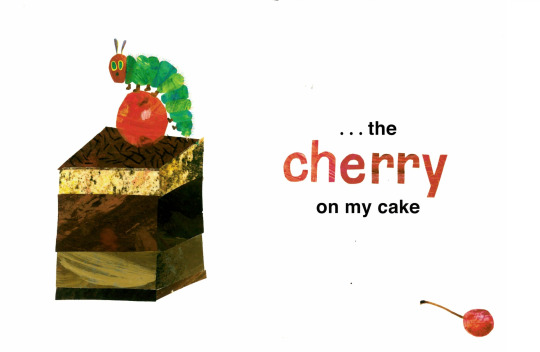

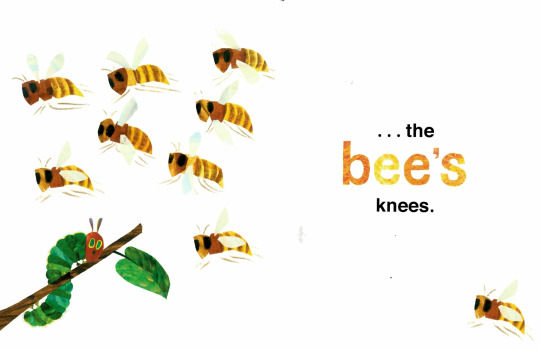
Love from the Very Hungry Caterpillar, 2015
#my scans#love#valentines day#books#the very hungry caterpillar#nostalgia#nostalgic#00s#art#mine#original
22K notes
·
View notes
Text

1 September, 1925 Letters to Véra by Vladimir Nabokov
#vladimir nabokov#letters to vera#words#my scan#mellifluous#literature#september#september 1#quotes#academia#dark academia#quote#lit#books#books and libraries#reading#quote of the day#bookworm#book quotes#prose#love language#booklr#bibliophile#excerpt#light academia#letters#beautiful#love
6K notes
·
View notes
Text
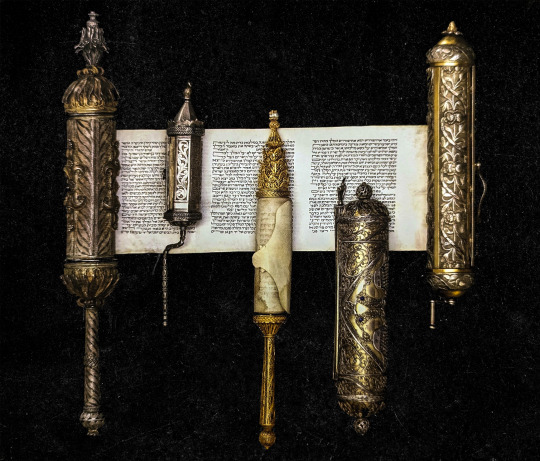
Megillah cases Left to right: Ioannina, Greece ca. 1900; Aleppo, Syria ca 1875; Ukraine ca 1850; Turkey ca 1875
#jumblr#judaica#gonna be pulling things from my books over time. nice to have motivation to scan and share things again#My Resources
1K notes
·
View notes
Text
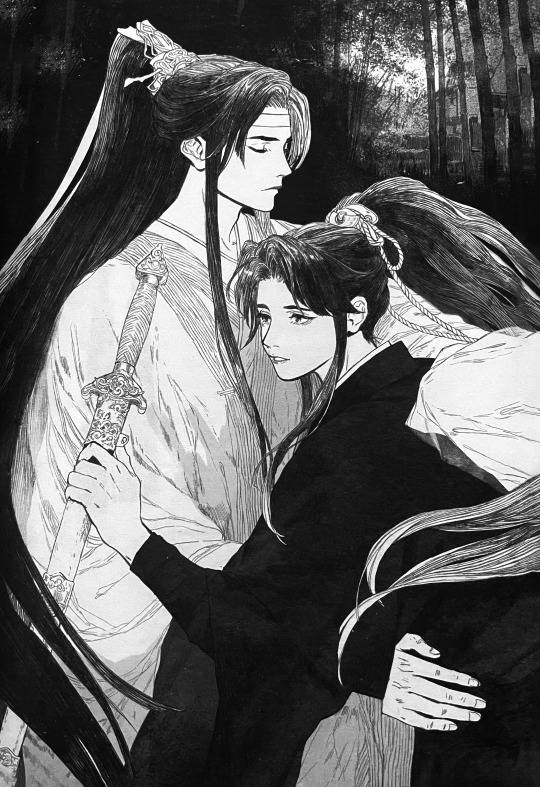
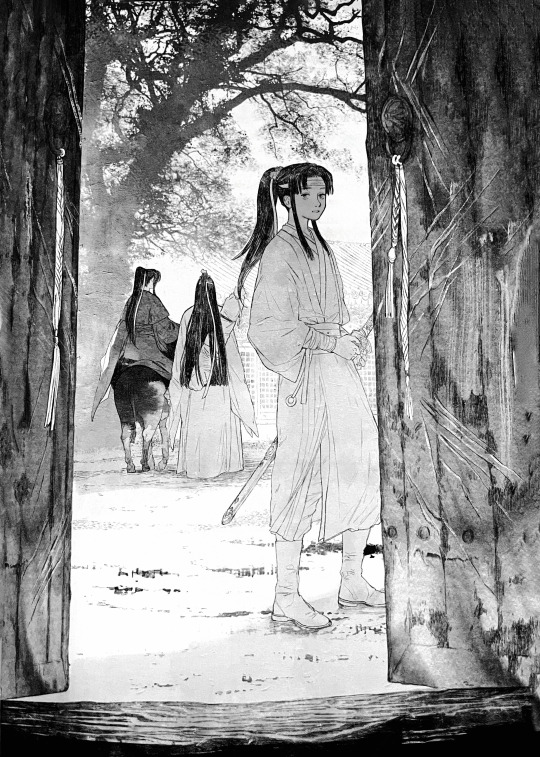
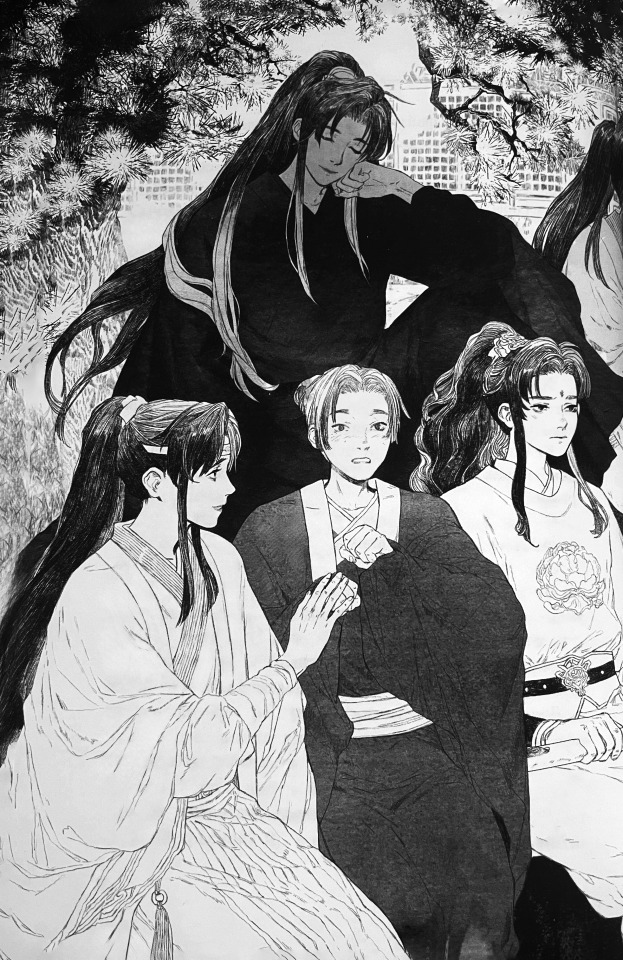
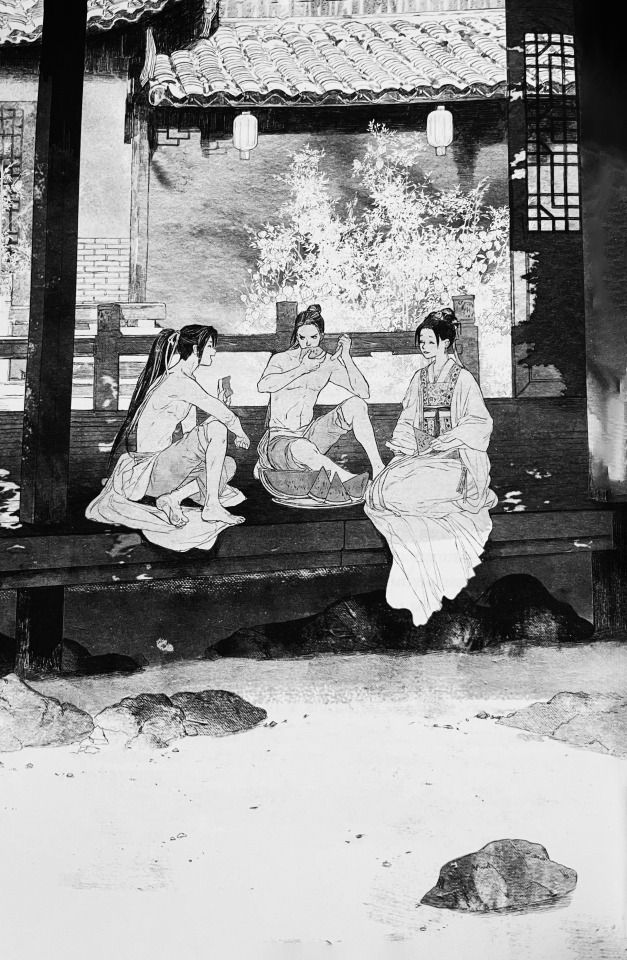
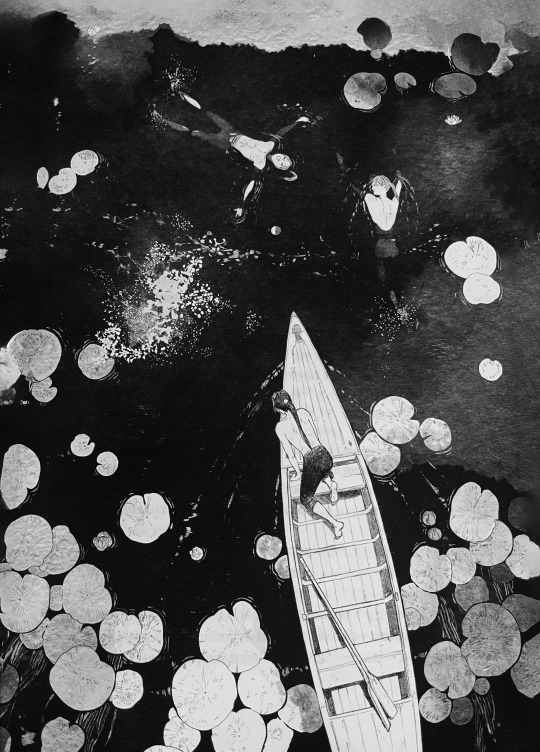
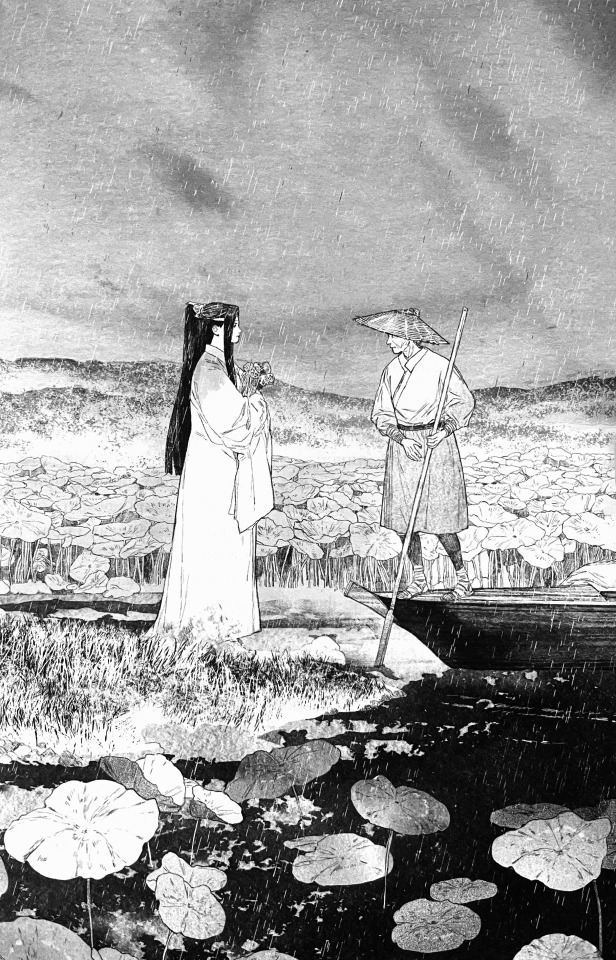
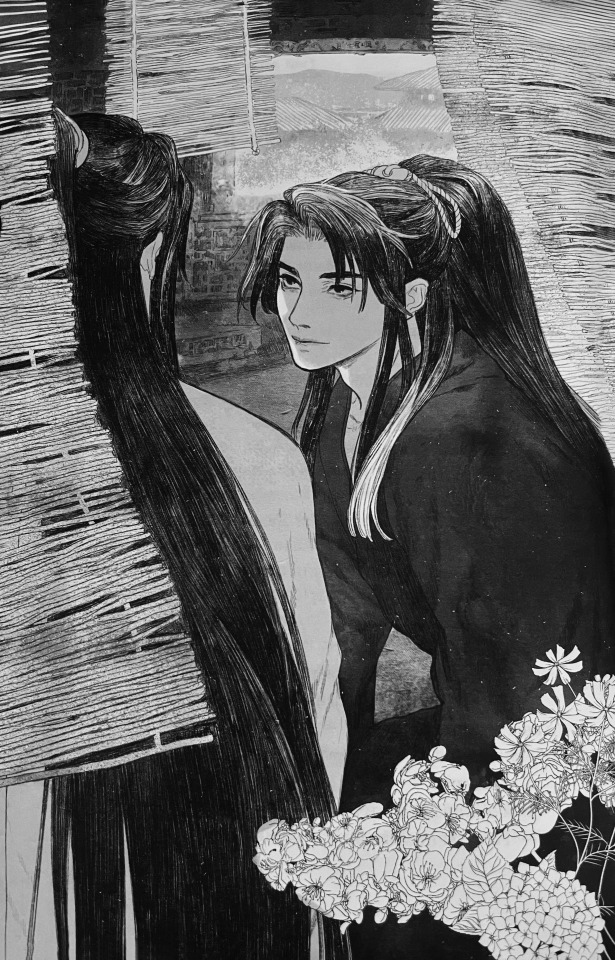
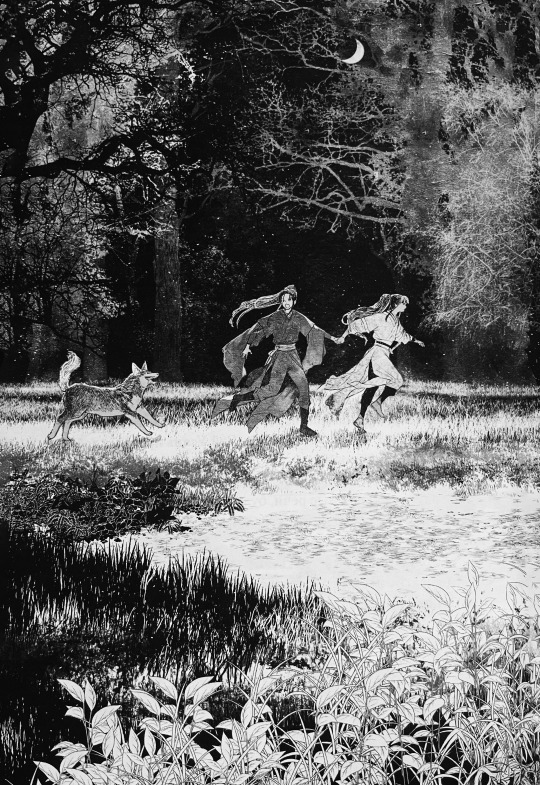
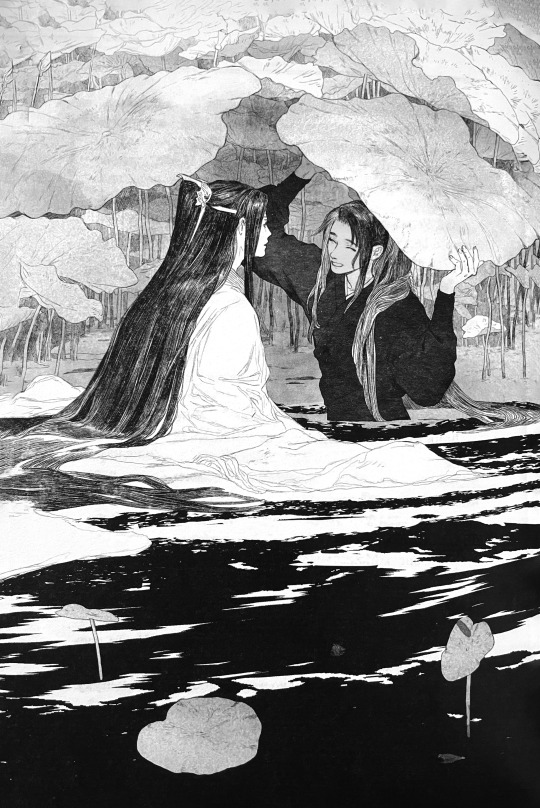
All illustrations for The Grandmaster of Demonic Cultivation: Russian Edition Exclusives, Volume 5
Finally got my hands on the russian истари/Istari publication volume 5 for Mo Dao Zu Shi, so here are high resolution scans of the art exclusive to this particular edition. The art here portrays events that occur in the post-storyline extras.
Full resolution available for download here (tumblr compresses images a little)
Illustration Artist: Marina Privalova (Baoshan Karo)
[Vol. 1] - [Vol. 2] - [Vol. 3] - [Vol. 4] - [Vol. 5] (part 1)
#mdzs#mo dao zu shi#the grandmaster of demonic cultivation#the founder of diabolism#mxtx mdzs#wei wuxian#illustrations#wangxian#mdzs novel#official art#I'm working on making some upscaled scans of the art from the other novels as well#tbh these aren't actually “scans”#I actually just took pics of the pages with my phone and then have to edit it and redraw some parts of the original image or add space#because pages aren't flat and I don't own a scanner unfortunately#and sometimes the words on the other side bled through the page#these are 100% faithful though#the only things I ever had to extend are environmental#I looked for an epub or pdf of this book for so long but couldn't find it anywhere#and I mean literally anywhere 😭 scoured Russian social media sites for hours and nothing#did find an interesting weird mdzs Russian translation though#weird as in the translation was not accurate at all#but it had its own little art interspersed#I think it was a fan thing rather than an official translation
1K notes
·
View notes
Text
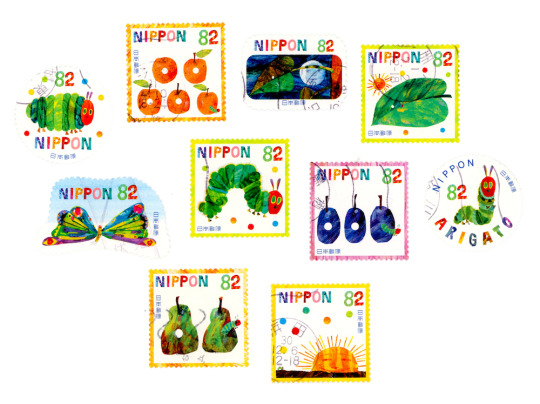
The Very Hungry Caterpillar, 82 yen stamps
#stamp#stamps#japanese stamps#the very hungry caterpillar#stamp collecting#cute#childrens books#sekaiichihappy scans#my scans
7K notes
·
View notes
Text
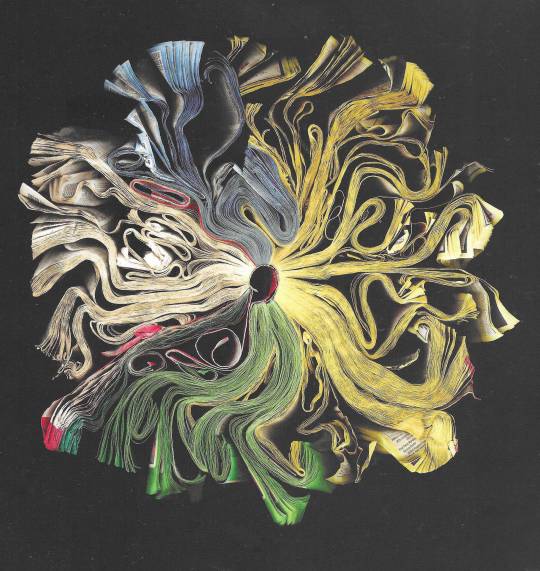

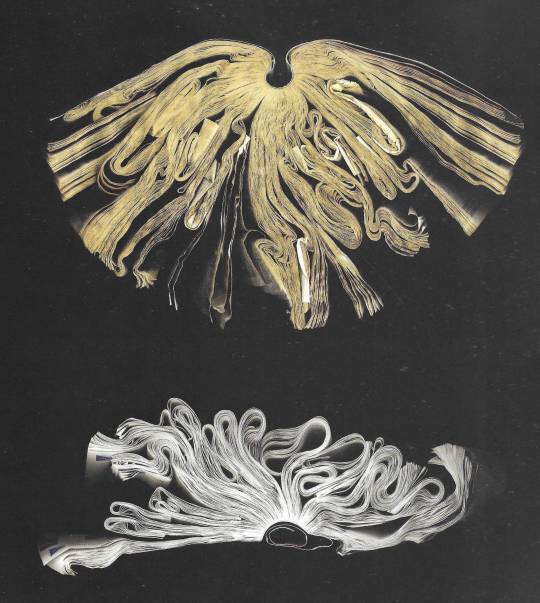
cara barer in paper: tear fold rip crease cut - black dog publishing (2009)
2K notes
·
View notes
Text

The Illustrated Edgar Allan Poe by Satty (1976)
#frankenisms#vintage books#vintage horror#horror illustration#wifred satty#edgar allan poe#illustrated horror#horror#goth#gothic art#horror art#spooky#spooky art#the fall of the house of usher#1976#illustration#vintage illustrations#book scans
5K notes
·
View notes
Text
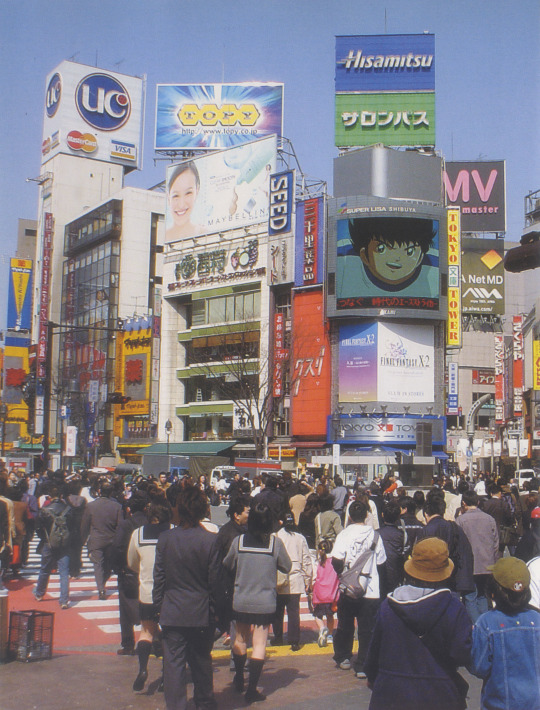
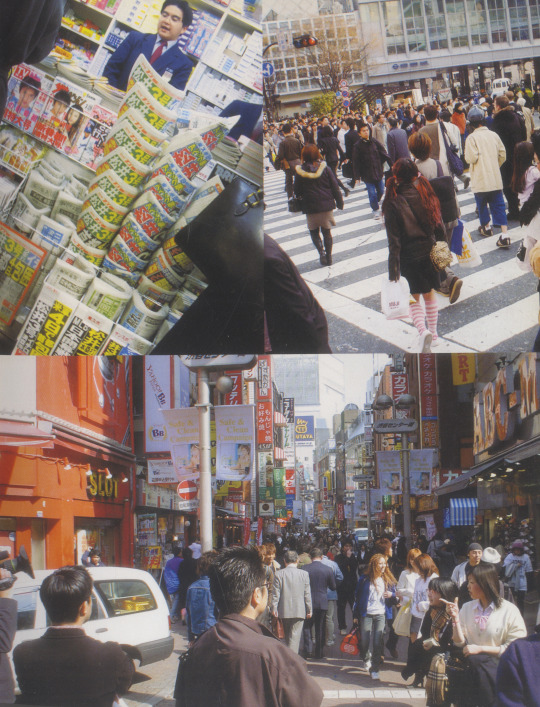
metropolitan tokyo
scans from Japanese Graphics Now! (2003)
#found an old book of japanese graphic design so will be posting scans of my fav pages✌️#my scans#photo#photography#tokyo#東京#japan#日本#2000s nostalgia#film camera#aesthetic#2000s japan
2K notes
·
View notes
Photo
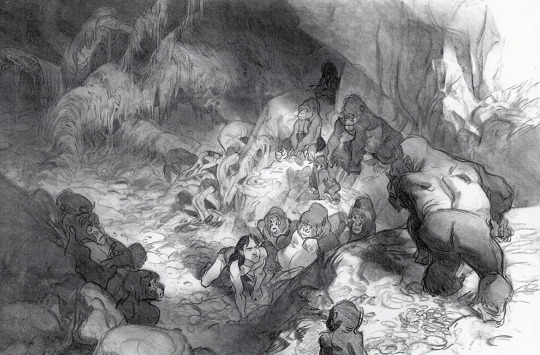
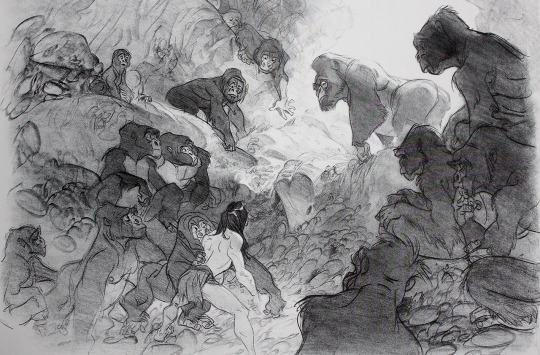
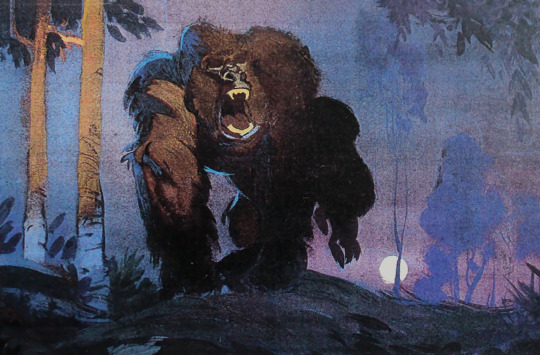
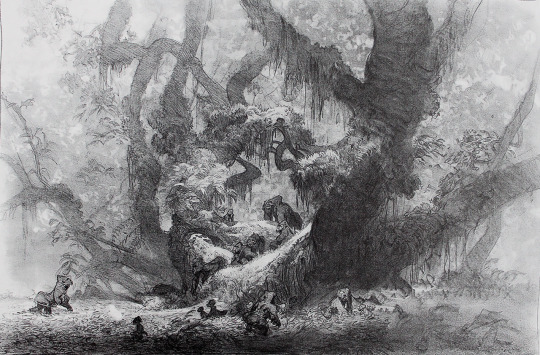
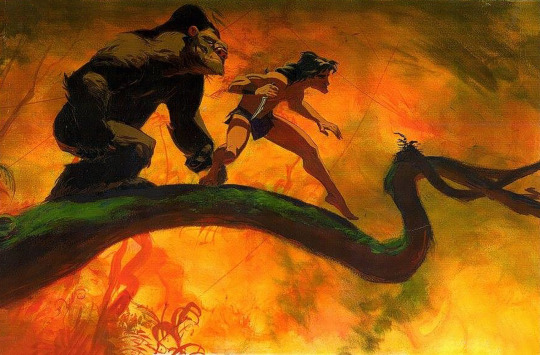
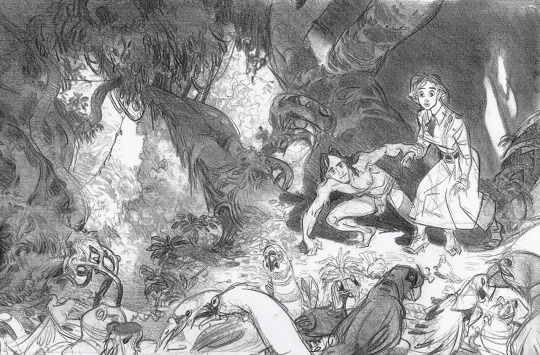
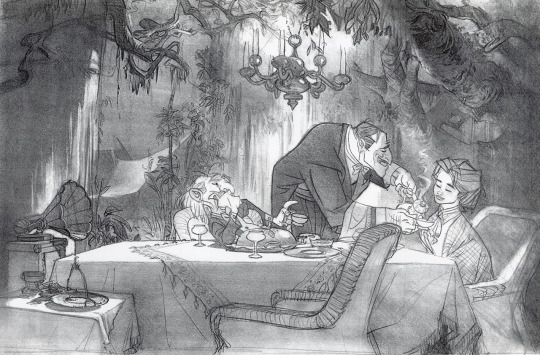
Visual development by Paul Felix for Tarzan (1999)
#some of these are scans from the tarzan chronicles book#please don't repost#tarzan#disney#paul felix#visual development#disney concept art#concept art#disney animation#animation art#art#artwork#illustration#disneyedit#mine
4K notes
·
View notes
Text
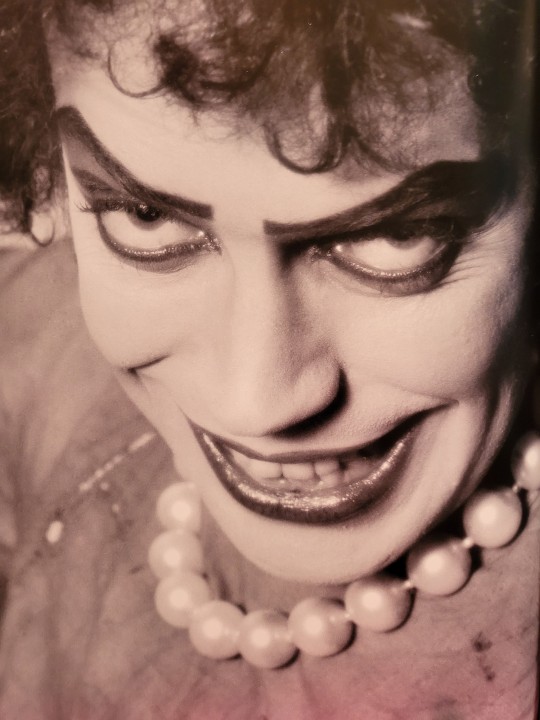
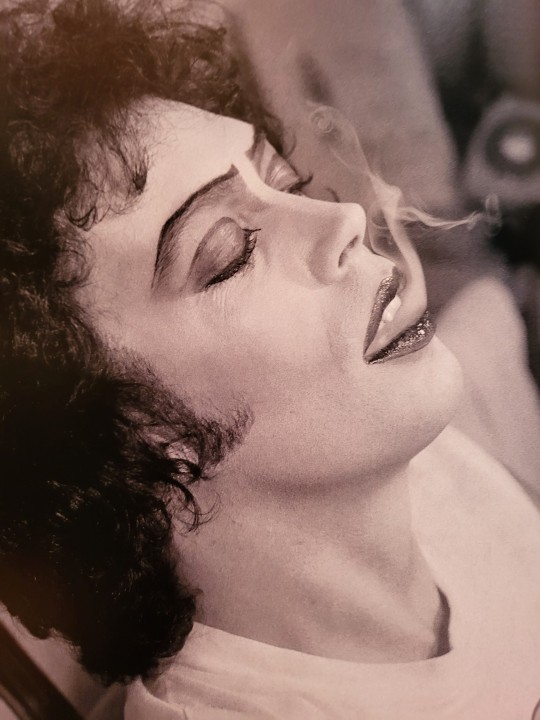
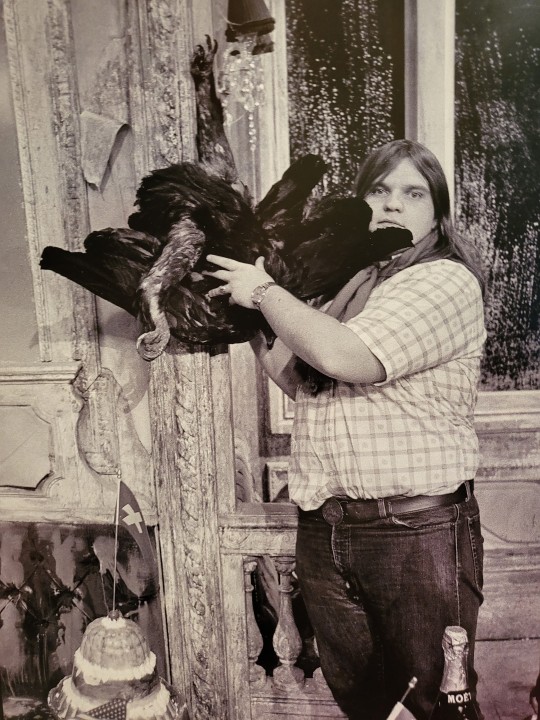
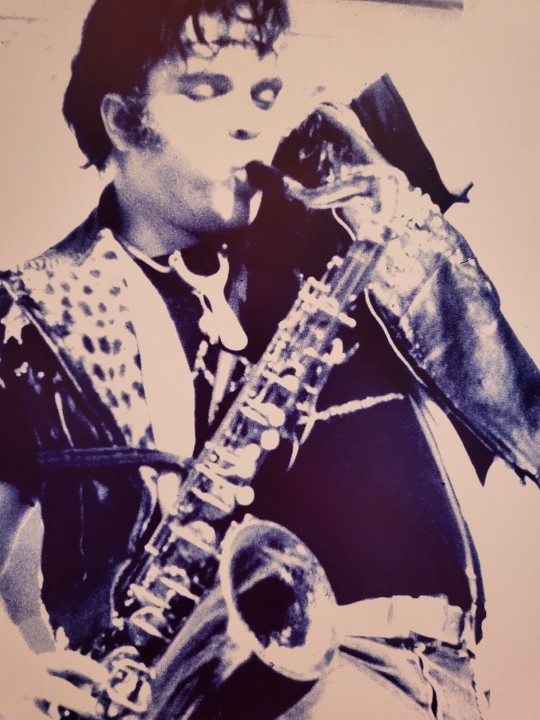
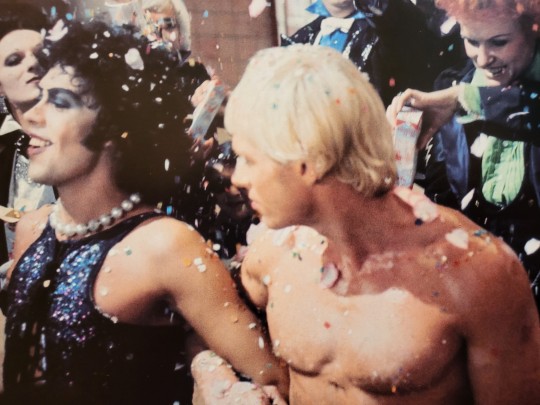

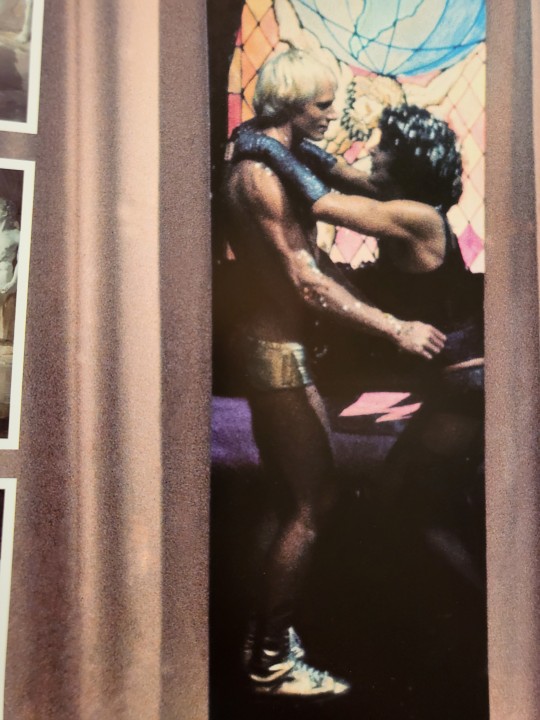

#more scans#with all the rocky horror talk I looked through my book and wanted to share these x3#rocky horror picture show#frank n furter#meatloaf#rocky horror#don't dream it be it#tim curry#the photos of him so#🥹#photobook scans#mick rock
3K notes
·
View notes
Text

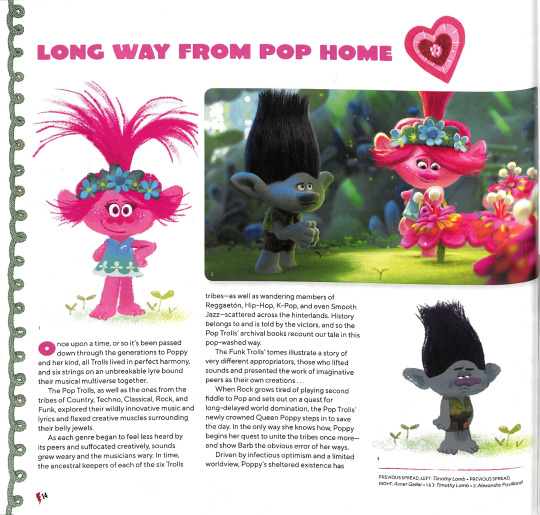
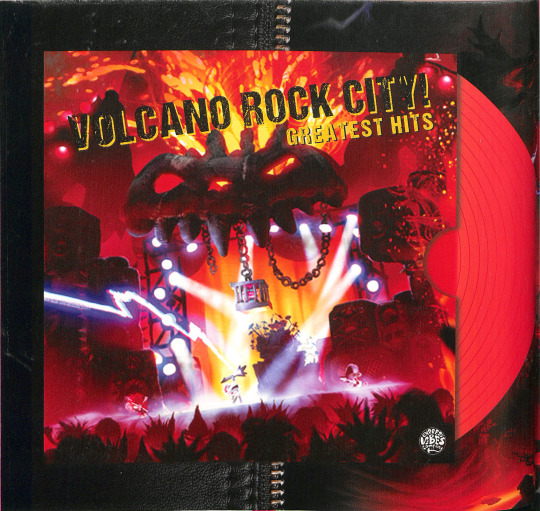
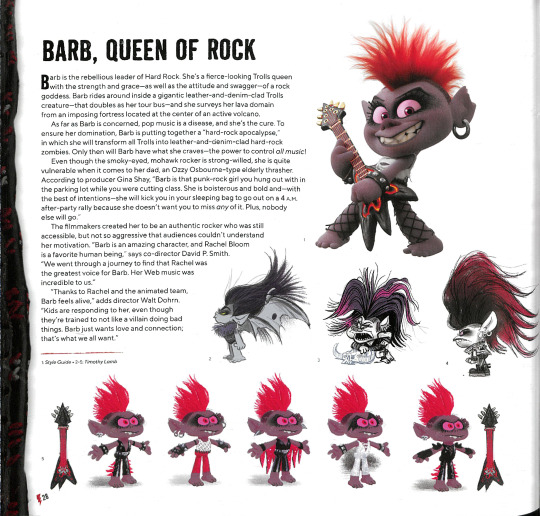
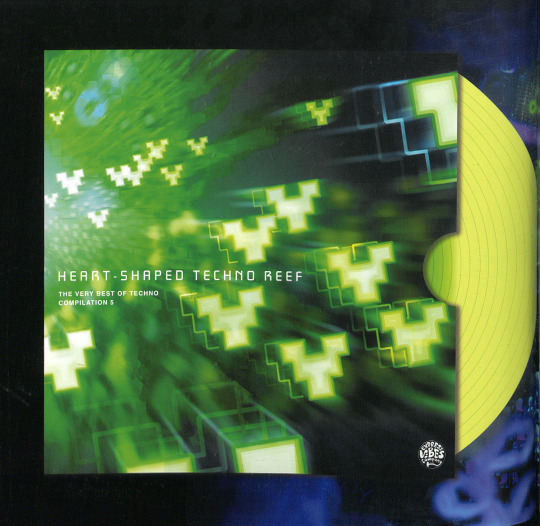



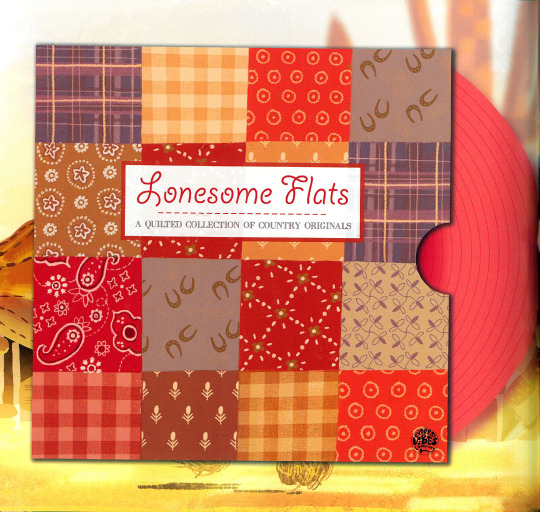
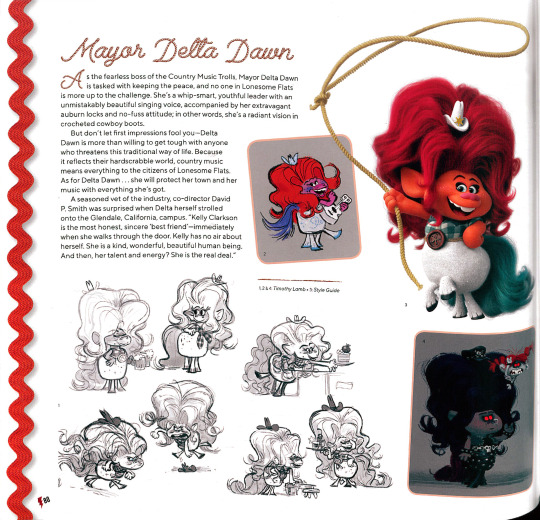
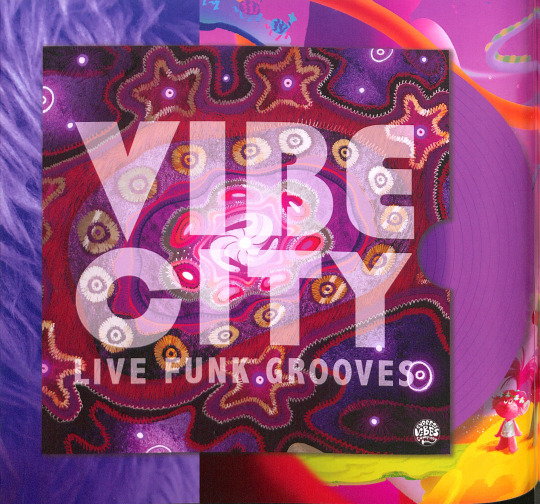
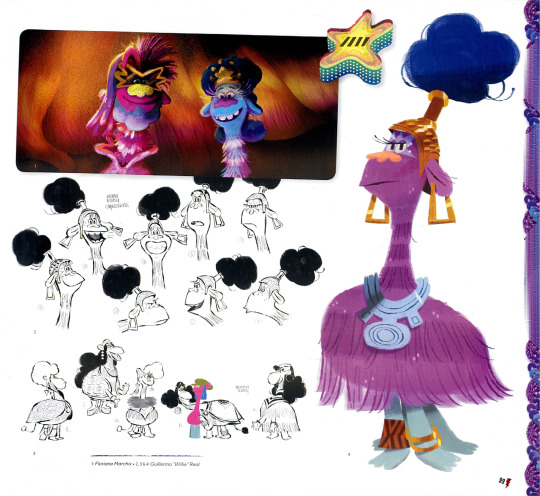
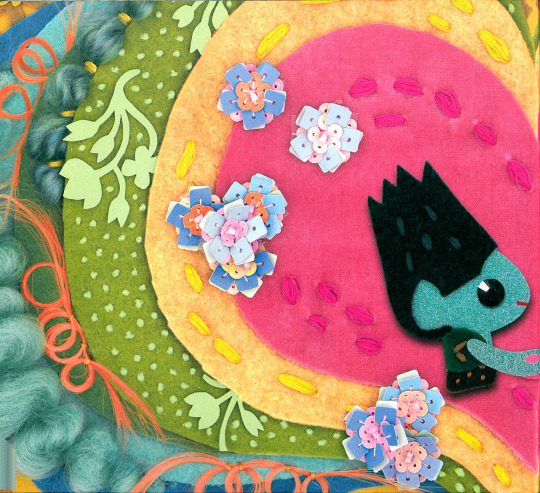
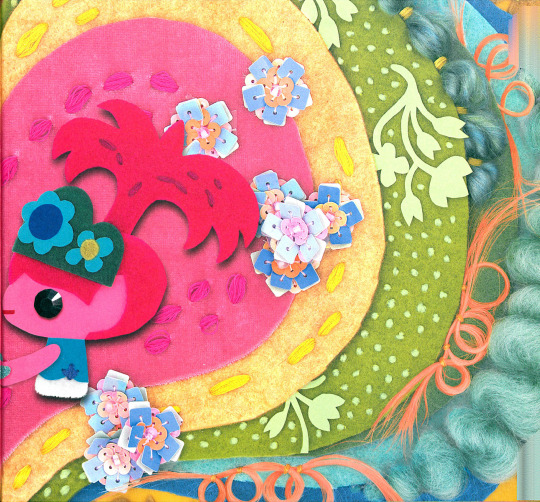
I don't remember if I made a post about this before but I had scanned the entirety of The Art of Dreamworks Trolls World Tour and put it on my archive.org collection last year. The Trolls franchise has kind of blown up since then so I want to alert new fans since this particular book is quite a hard find
#The Art of Dreamworks Trolls World Tour#trolls#trolls art book#trolls world tour#dreamworks trolls#broppy#dreamworks#troll world tour art book#queen barb#queen poppy#original#photoset#scans#im hoping to donate my copy to the SVA library if they get back to me about that
1K notes
·
View notes
Text

29 August 1925 Letters to Véra by Vladimir Nabokov
#vladimir nabokov#letters to vera#words#my scan#mellifluous#august#august 29#literature#quotes#academia#dark academia#quote#lit#books#books and libraries#reading#quote of the day#bookworm#book quotes#prose#love language#booklr#bibliophile#excerpt#light academia#letters#beautiful#love
1K notes
·
View notes